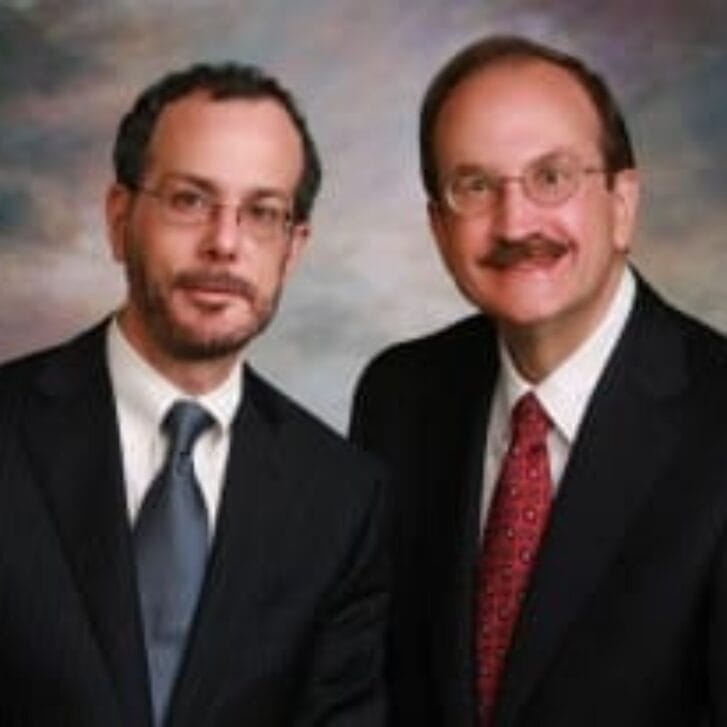An MBA degree at the top business school in the world could be called a “golden business passport,” a ticket to a supreme job in the top organization of choice. Then again, at Wharton, MBA students learn a good deal too, accumulating knowledge and experience that help them succeed in their future professions (and warrant the big responsibilities).
Company president, author, consultant and speaker David Shedd, WG’90, tried to narrow down all that he learned at Wharton into a list of five top business fundamentals, which is now being featured on the Business Insider War Room. Shedd says that these five fundamentals have proved to be most valuable to him in the business world. They are:
1. Finance and Accounting. Creating cash flow, and being able to account for it, is a finance fundamental that “constantly gets forgotten or obscured in the day-to-day business,” Shedd says.
2. Marketing. Be able to look objectively at your product or service and determine its value and utility to your customers. In discussing the ability to look through the customers’ eyes, Shedd recounts a problem that Peter Fader, the Frances and Pei-Yuan Chia Professor, professor of marketing and co-director of the Wharton Customer Analytics Initiative, gave to him and his classmates weeks into their first year at Wharton.
3. Strategic Planning. Be in the right market at the right time. Enough said.
4. Leadership. Personal attributes will only take a business leader so far. To succeed, you must also have the ability to bring together and lead a diverse and talented team. Business school, Shedd says, is all about “teamwork, team activities and team building.”
5. International Business. One of the Three Pillars of Wharton is Global Presence. Shedd translates this lesson into understanding the cultures of the partners, suppliers and consumers that you do business with around the world.
In bringing up this article, we’re more interested in also hearing what you, our valued Wharton Blog Network readers, believe to be the top five business fundamentals taught and learned at Wharton. Do you agree with Shedd, or would you add to or subtract from his list? Comment here and join the conversation.
























